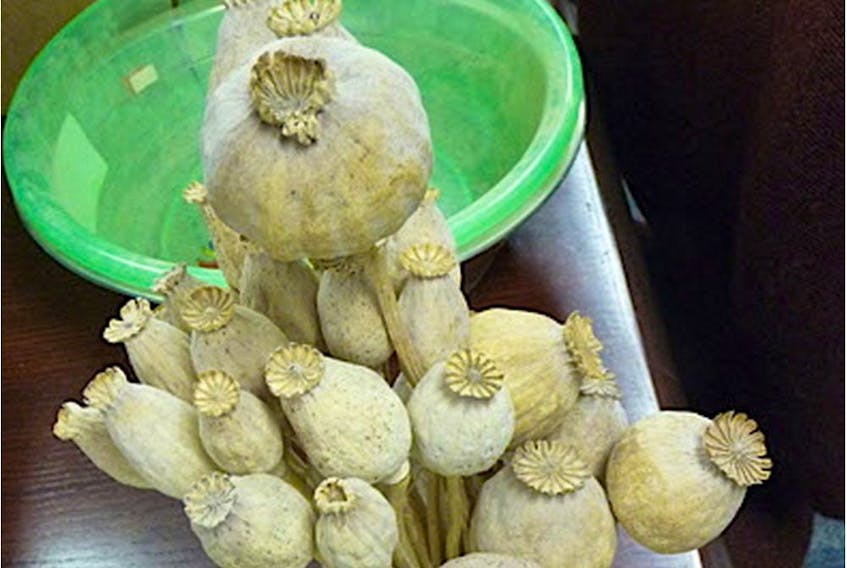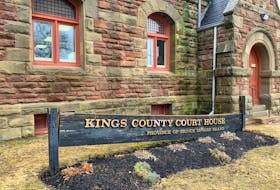Vancouver pot king Dana Larsen is shifting his sights from cannabis to opium.
The organizer of the controversial 4/20 event and operator of two illegal pot shops wants Vancouverites to start planting poppies in their yards so he can turn them into opium tea.
“Ideally they mail me the (poppy) heads, at the right time, and then depending on how many I get, I will make opium tea out of it,” Larsen told Postmedia News. “Then I can standardize the potency and I would find users and offer them opium tea rather than injecting heroin.”
He said it was illegal to make opium out of the poppy stalk and heads. However, seeds could be bought legally online from E-Bay and Amazon .
Larsen’s latest campaign follows the conclusion of OverGrow Canada (based out of Sensible B.C.’s West Hastings Street office), that mailed out millions of cannabis seeds over the course of three years.
He said his group mailed out over a million seeds to 15,000 people across Canada in 2018 alone. The idea was that people would plant the seeds at “city hall, the local police station, in storefront planters, traffic circles, public parks and other highly visible public places.”

“The purpose of the OverGrow Canada campaign was to have cannabis growing in public areas and to normalize it,” Larsen said. “The poppy thing is different because poppies already grow everywhere. This is about getting an opium poppy supply.”
Opium tea is also known as “doda”, a drug subject to a Surrey RCMP crackdown in 2009 and 2010 when the opium powder used for the tea was being sold over the counter at some stores.
At the time, police said it was being used within the Indo-Canadian community, dubbing it “poor man’s heroin.”
In 2009, police raided a doda manufacturer in a Surrey shopping centre, but no charges were laid. However, in the summer of 2010, two men were arrested after being found tending a 560,000 poppy plantation on a couple of hectares west of Chilliwack. The pair pleaded guilty to production of a controlled substance and possession for the purpose of trafficking.
Larsen said his plan to distribute doda powder was based on the model of harm reduction. In B.C., there are heroin maintenance programs where users are given clean heroin, with the B.C. Centre on Substance Use recently calling for the creation of heroin compassion clubs that would sell medical-grade heroin to members without prescription. This move comes as the province struggles with an epidemic of drug user overdoses due to heroin tainted with fentanyl.
“We’ve got all these harm reduction groups and activists saying we need heroin dispensaries,” he said. “It’s about getting opium out there. If I could produce enough of a supply I could give it to people for a year. We’ll see how much I get, it’s kind of an experiment.”
If he managed to create the powder, Larsen would only distribute to users referred to him through a harm reduction group.
Copyright Postmedia Network Inc., 2019
Related stories:









